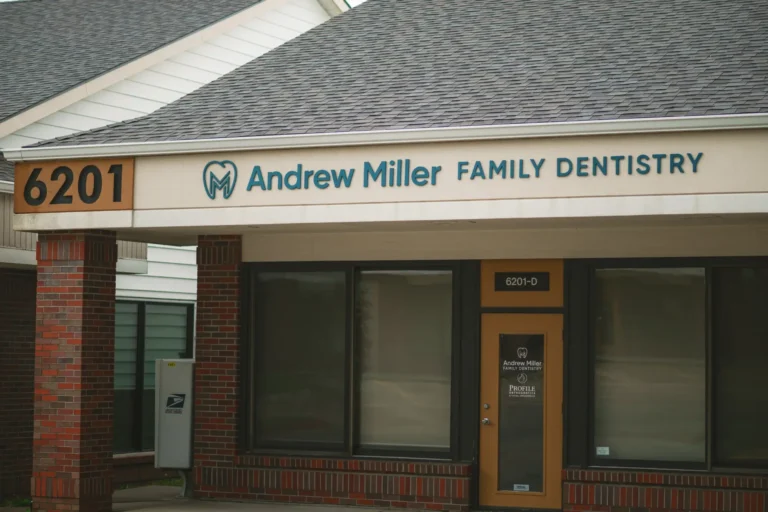Teeth Grinding (Bruxism)
Teeth grinding is a common behavior in infants and young children that usually disappears naturally as they grow.
Teeth Grinding in Infants, Toddlers, and Children
Bruxism, commonly known as teeth grinding, is a prevalent medical condition that can occur at different stages of life, from infancy through childhood and even into adulthood. While it is common in infants, toddlers, and young children, it typically diminishes by the teenage years.
Although most children outgrow bruxism, regular dental check-ups and parental guidance play a crucial role in mitigating its negative effects during this time. Collaborative efforts between parents and dental professionals are particularly vital once a child begins to lose their baby teeth. Without intervention, the risk of damage to permanent teeth significantly increases. Moreover, persistent teeth grinding can lead to temporomandibular joint disorder (TMJ), further emphasizing the importance of early intervention.
By staying informed and proactive, together we can safeguard your child’s dental health and ensure a bright, confident smile for years to come.

-
What is the treatment for teeth grinding?
Bruxism treatment can involve:
- Correcting misaligned teeth.
- Addressing bite issues with crowns.
- Creating a custom mouthguard for your child.
We are here to assist you! We will monitor your child’s oral health, including the effects of teeth grinding, from their first visit until their teenage years to prevent any possible damage. We offer custom mouthguards for kids to protect their teeth from grinding during the day or at night.
-
What are common teeth grinding (bruxism) symptoms?
- Frequent teeth grinding
- Jaw clenching
- Grinding loud enough to hear
- Damaged or worn teeth
- Earaches
-
Why do babies grind their teeth?
Teeth grinding in babies and toddlers is a common behavior that usually starts when they are about 6 months old or when they get their first tooth. This behavior is often observed while they’re sleeping. There may be various reasons for teeth grinding in babies and toddlers, including curiosity, stress response, pain relief, or certain medical conditions. When babies or toddlers get new teeth, they are curious about the function, feel, and sound of their new teeth, and grinding their teeth provides them with a way to explore these senses. Moreover, they may grind their teeth to cope with their emotions if they are stressed or unhappy. Teeth grinding can also be a response to pain caused by a new tooth or toothache, and it helps them relieve the pain. Finally, certain medical conditions like cerebral palsy or certain medications can cause children to grind their teeth uncontrollably.
More Questions?
If you have more questions about teeth grinding, please contact our office and we will be happy to discuss further.

